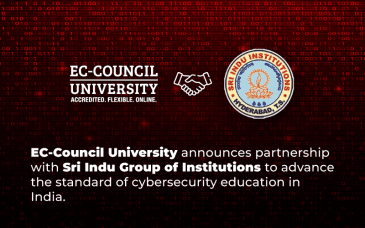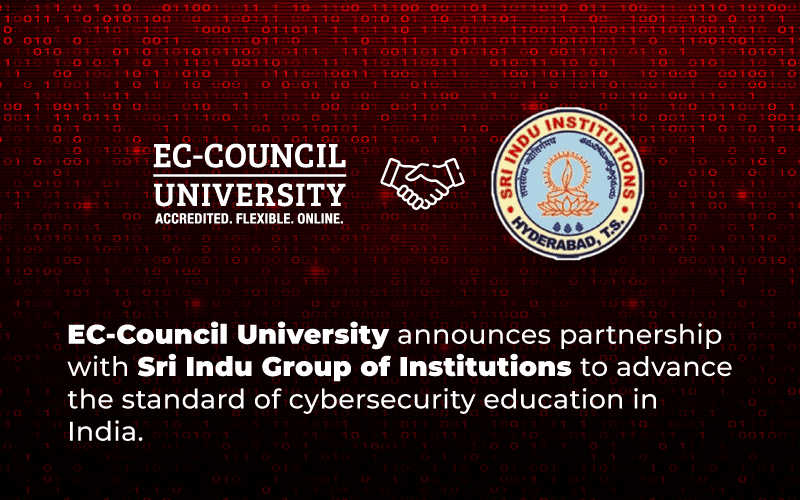Exploring the Landscape of Remote Cyber Security Jobs
In recent years, the cyber security landscape has evolved rapidly, emerging as an indispensable aspect of safeguarding the digital landscape. With the ever-increasing reliance on technology, businesses and organizations worldwide have recognized the critical importance of protecting sensitive data and confidential information from cyber threats. As the demand for skilled cyber security professionals continues to rise, there is also an increasing necessity for more adaptable work options.
Traditionally, many industries have relied on office-based work environments, requiring employees to be physically present at their workplaces. However, the landscape is changing, and the cyber security sector is no exception. One of the compelling benefits of this field is its adaptability to remote work. With technological advancements, telecommuting has become a viable option for numerous cyber security roles, offering professionals the liberty to choose where they live and work without compromising on their career objectives.
In this blog, we explore the growing significance of remote cyber security jobs and how this flexible approach is reshaping the way professionals secure the digital world. By delving into the diverse opportunities available and their advantages, we aim to shed light on how remote work arrangements are revolutionizing the cyber security industry. By examining this rapidly evolving landscape, we uncover its benefits to employees and employers, ensuring a win-win scenario for all stakeholders involved.
Some Popular Remote Cyber Security Jobs
Below, you will find a compilation of remote-friendly cyber security jobs. These positions offer the flexibility to work from a remote location, providing you with an opportunity to pursue a rewarding career in cyber security while accommodating your personal commitments and preferences.
1. Penetration Tester:
Pen testers play a crucial role in organizations by assessing their security measures and recommending security improvements through a simulated cyber attack. Pen testing can be either carried out by an in-house team or through an independent team of security testers externally. Expertise in cyber security skills and knowledge is paramount in this role, as pen testers must think like hackers to identify vulnerabilities effectively. Staying up to date with the latest hacking techniques is essential to remain effective. It’s important to note that pen testers are ethical hackers, meaning they must have explicit approval from an organization before conducting any hacking attempts.
How Does a Penetration Tester Work Remotely?
Penetration testing careers typically involve some level of customer interaction, often conducted in face-to-face meetings. However, remote work is also a viable option for penetration testers. Some testers work with clients from a distance, while others may be part of a team where one member engages locally, but their own work is remote.
With organizations increasingly adopting cloud technologies, penetration testing has also evolved to be conducted remotely. Many aspects of the job can be performed remotely, allowing penetration testers to adapt to the changing technology landscape and offer their services virtually.
2. Cyber Security Analyst:
A cyber security information analyst (also known as a security analyst) is a highly sought-after role. They play a central role in their organization’s security strategy, requiring a deep understanding of network and systems security.
Their primary responsibility is to stay ahead of cyber threats by proactively identifying weaknesses within the organization’s infrastructure and implementing effective defense measures. They also play a crucial role in educating others about security threats and, with proper authorization, conducting vulnerability assessments to evaluate the efficacy of existing security protocols.
How Does a Cyber Security Analyst Work Remotely?
The work of a cyber security analyst often involves monitoring and safeguarding the systems they protect, promptly responding to any potential security incidents.
Companies may require cyber security analysts to monitor systems across multiple locations, so this role aligns seamlessly with remote work opportunities. Many cyber security analysts effectively monitor systems across different cities or even countries, resolving issues remotely. In some cases, these analysts may never physically visit the locations they protect. Enabling remote monitoring and safeguarding systems grants individuals the flexibility to operate from any location with a stable internet connection.
3. IT Project Manager:
An IT project manager’s role revolves around overseeing and coordinating various technological projects within a company. They are the mastermind behind the company’s tech operations, ensuring cyber security is a top priority. This involves enforcing and updating security policies while overseeing the implementation of security-related procedures in accordance with company guidelines.
As a go-between for different stakeholders, they must be skilled in interacting with employees and customers. A successful project manager is expected to possess a deep understanding of multiple tech-related fields.
How Does an IT Project Manager Work Remotely?
The landscape of IT project management is evolving, and remote work opportunities are becoming more prevalent. Project managers now often lead teams of talented cybersecurity professionals spread across different locations, granting the flexibility to work remotely as the leader. While occasional visits to specific locations may be required to meet clients or interact with team leads, a significant portion of the work can be accomplished remotely, providing the convenience and adaptability that many professionals appreciate.
4. Security Engineer:
For those inclined towards coding, security engineering offers an ideal work-from-home opportunity. In this role, security engineers develop programs to identify vulnerabilities within an organization, adding an extra layer of defense. They are also responsible for creating automation scripts to streamline the process of logging security incidents.
Security engineers have the knowledge of how exploits are created, enabling them to develop their own exploits and fortify systems against common or expected threats. Their work often involves low-level operations, and they are proficient in working at the command line.
How Does a Security Engineer Work Remotely?
As security engineers spend a significant amount of time writing code, their physical location becomes less critical. They can effectively work from home or any remote setting that suits them. Security engineers may occasionally need to attend on-site meetings, particularly with the full DevOps team. However, these meetings are often infrequent, allowing security engineers the flexibility to work remotely most of the time, with the possibility of remote work multiple days per week.
The Advantages of Remote Cyber Security Jobs:
The proliferation of remote cyber security positions benefits both employees and organizations alike.
- For employees: For professionals, the freedom to work remotely provides increased flexibility and eliminates the need for time-consuming and energy-draining commutes. This flexibility is especially crucial for those with personal commitments, medical conditions, or family responsibilities that necessitate a more adaptable work schedule.
- For employers: From the employers’ perspective, remote cyber security positions offer cost-saving benefits. Organizations can reduce office space and equipment expenses while retaining top talent from across the globe without relocation constraints. Maintaining a remote workforce also strengthens business continuity plans, as employees can continue working effectively even during unforeseen events like natural disasters or pandemics.
As long as organizations invest in robust security measures and employees remain vigilant, the future of remote cyber security looks promising, ensuring the safety of digital assets and the protection of valuable information in an ever-evolving technological landscape.












